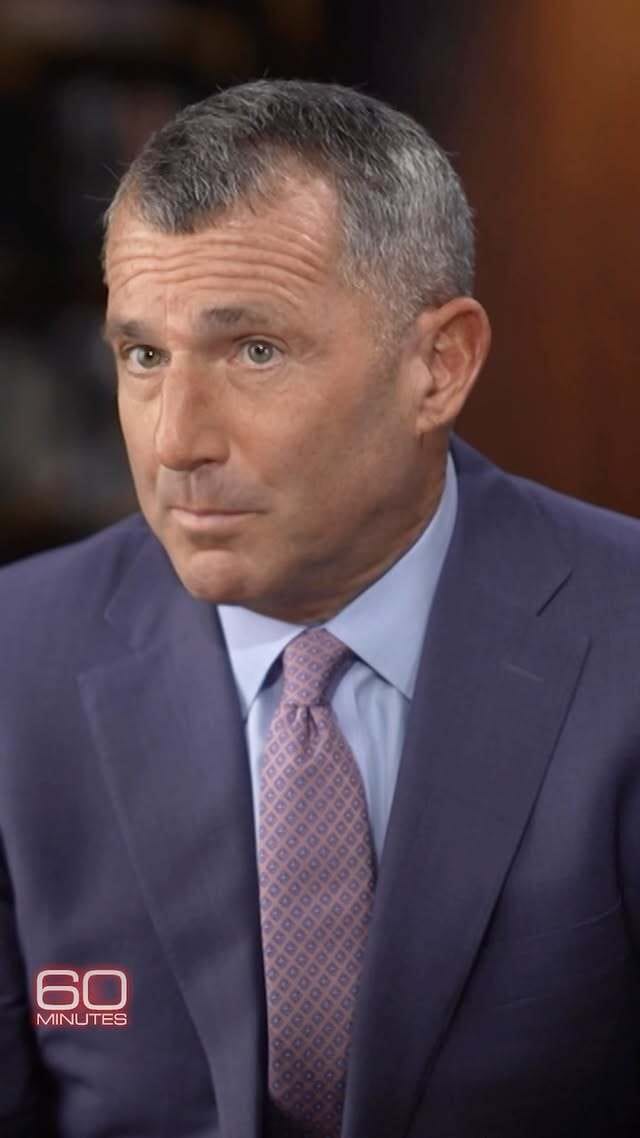- The Web3 Rewind
- Posts
- An Encouraging Step
An Encouraging Step
Quote of the week I Crypto stupidity


PROGRAMMING NOTE — We will be off the next two weeks for the holidays. Everyone at Decential Media wishes you and yours a wonder holiday and break. We’ll see you again Fri. Jan. 3.
Hey Everyone! Welcome to the latest Web3 Rewind. As always, please send your thoughts and prayers to [email protected] — I’d love to hear what you think and to know if there are crypto topics you’d like us to cover in the newsletter. Cheers! — Matthew Leising, editor in chief, Decential Media
The Latest
An encouraging step
We wrote about FV Bank recently and it made me more optimistic about blockchain adoption than I’ve been in a long time. Maybe it’s because I’m a sucker for the details, and where banking and crypto meet is one of my specialties, but this is pretty cool.
The Puerto Rico-based bank is offering customer accounts that include a receiving address for stablecoins Tether and USDC. Users can send those stablecoins to the receiving address and have U.S. dollars instantly in their account. Of it you want to send USDC internationally from your FV account, the bank will mint the amount you want at Circle, take a fee, and it’s on its way.
The bank uses over-the-counter brokers to convert the USDC to USD and isn’t allowed to hold crypto on its balance sheet. In terms of payments, crypto rails are far superior to bank rails, with transactions done on-chain, which creates a public record of transactions.
The pitch is efficiency; FV is taking several steps out of the process of moving a stablecoin from a crypto exchange or wallet to cash in a bank account. It saves time and money.
I know I sound really rah-rah, I can hear it too, but I think this is coming out of a lot of bad news in recent memory regarding crypto. I know prices are at all-time highs, but we’re definitely in a lull when it comes to innovation or new uses for blockchain. Unless you’re a memecoin chad. And it’s not getting easier to use, it seems in fact to be getting more complicated to navigate chains and bridges and staking and yield farming. The simplicity of the FV approach is what I think the industry needs more of.
Ok, but having a bank involved, that’s not really crypto. I had that thought at first, and it is maybe one drawback that you need a centralized counterparty. It raises the question again of ‘what’s the price of convenience in a blockchain system?’ Fully decentralized, at present, entails an enormous amount of work and knowledge to pull off. Even centralized services like Coinbase can pose a challenge to someone used to paying electronically, who has never actually bought a stock, they simply put money into retirement each month.
So is a centralized service of some kind needed? I think so. It’s been said many times but I’ll say it one more – when users don’t know that their online activity is blockchain-based is when the tech will be truly integrated.
It also must be more efficient than what we’re using now. Everything is only getting faster, soon a social media channel will have a 5 second limit and it will just be middle schoolers making faces at each other, and then Donald Trump will buy it. Do people even read anymore? I’m surprised you’re still with me this far in, to be honest. Good for you.
Half steps are better than standing still. And one last thing on FV -- the model they’ve created is what’s most interesting. Dollars to donuts the big banks are watching, and it’s not hard to see JPMorgan jumping in on this. When that model hits retail accounts, and anyone at Chase can be in crypto within a few clicks, better hold on to your boots. – Matthew Leising, editor in chief, Decential Media
Quote of the Week from Decential Media

“This is the first step towards integrating Bitcoin into the Texas economy. Eventually, the state will accept taxes in Bitcoin and one day, possibly make it legal tender in conjunction with federal action.”
— Lee Bratcher, from Texas Bill Would Add Bitcoin to the State’s Treasury Holdings
Stupid stuff

Unsplash
I mentioned up top how it’s been a depressing time for crypto innovation recently, and that I’ve been feeling pessimistic about it all. And then lo and behold someone comes out and is so stupid in public that my hackles get raised and I’m right back in it.
The latest came from an otherwise pretty good segment on 60 Minutes about crypto, called BIG CRYTO. Scary, huh? Tucked into an episode about the industry’s vast spending in the election was an interview with John Reed Stark, a former SEC official under Gary Gensler. Stark seems to have a strange history with his crypto criticism but on the tee vee he said some dumb dumb.
“Crypto is a scourge. It’s not something you want in your society. It has no use,” he said. Then he got onto the lie that crypto makes crime easier. “The other part that people don’t talk about enough are the dire externalities that are enabled by crypto,” Stark said. “Every single crime you can conceive of is easier to do now because of crypto.”
Oh honey.
The points here are that crypto crime is miniscule, the U.S. dollar is the preferred instrument of criminals and blockchain forensics makes it actually quite straightforward to trace illicit transactions, as Chainalysis has been showing for years.
So really, John, you shouldn’t be on 60 Minutes spouting nonsense. On the reporting side, there was no fact checking, that’s not how the show works,, yet it should still know journalistically that there’s an obligation to inform viewers, not deceive them. The fact that willfully ignorant people are still so prominently rejecting crypto as below society’s standards is as boring as it is telling. People are still scared of the tech and the re-direction of power it represents. I’m hopeful the John Lee Starks of the world soon disappear as the blockchain boogeyman is dispelled because the tech is making people’s lives better. — ML
Here’s the video for your pleasure:
That’s it! Until next year, ML

Have you read the definitive history of Ethereum? No? Well then get your copy of Out of the Ether while you can.


